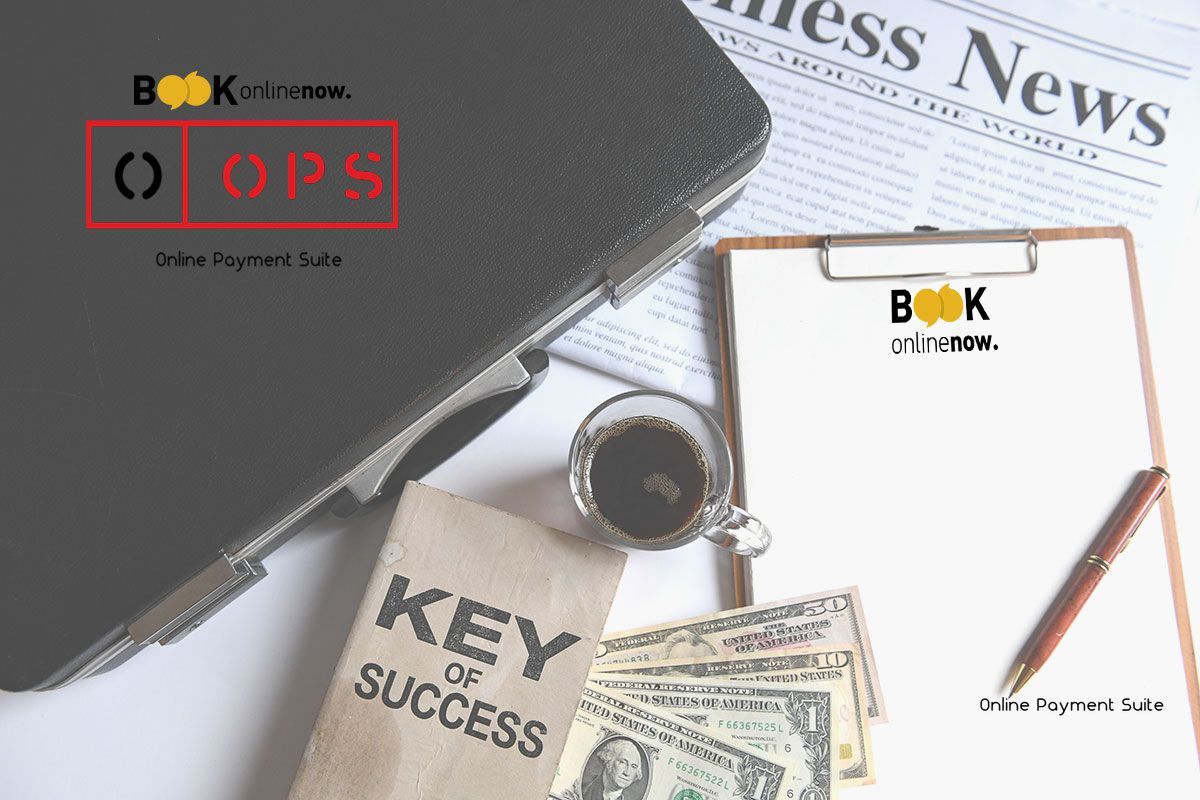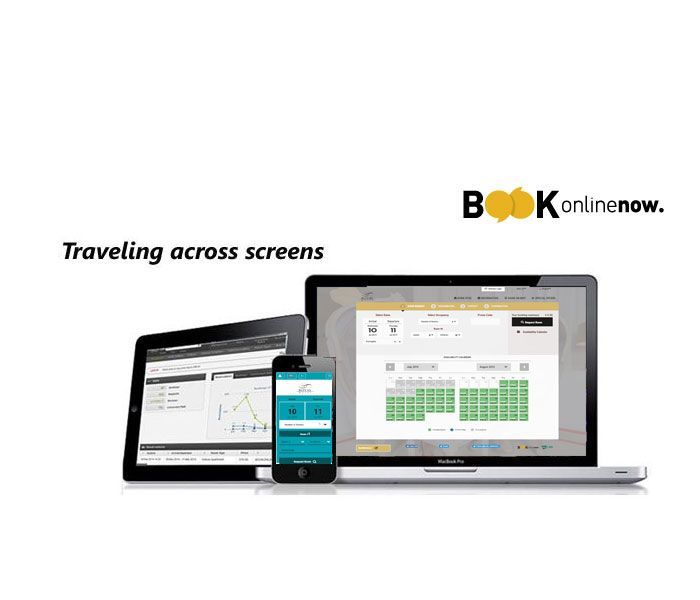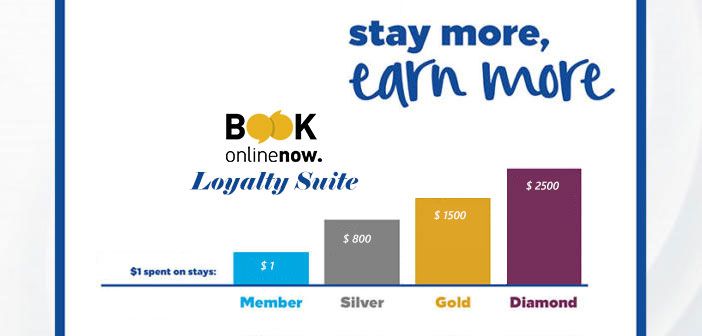Upgrade Your Pricing Strategy to Match Consumer Behavior
How can marketing managers nudge consumers to purchase those higher quality goods and services that consumers say they want? Just as “life hacks” are small changes designed to make your life easier, we identify three “pricing hacks,” small tweaks in how retailers present prices to consumers that reduce sticker shock and increase the perceived value of their offerings. Recognizing these “hacks” enables retailers to guide consumers toward better, but more expensive options more effectively.
BookOnlineNow : We kept two (2) out of the three “pricing hacks” from this interesting article that could easily be applied to hotel marketing & sales strategy by e-revenue/marketing managers.
Hack 1: Frame higher prices as an upgrade.
Instead of offering a standard option for “$200” and a higher-quality alternative for “$250,” focus on the difference and offer the high-quality option for “$50 more.” In recent studies on how consumers perceive price-quality tradeoffs, we observed that focusing price communications on the upgrade premium itself (e.g., the superior option is available for $50 more) instead of the full price comparison (e.g., the superior option is available for $250) leads consumers to be more accepting of the cost of upgrade, increasing the likelihood of their choosing the higher quality item, and reducing their ratings of expensiveness.
Anecdotal evidence suggests that seasoned salespersons are already aware of this pricing strategy, but a limited number of firms seem to make use of this easy-to-implement pricing hack. Importantly, this upgrade pricing approach does not use deception — all the information is presented — but rather serves to increase the perceived value of the higher-priced item by shifting consumers’ focus during the purchase decision-making. It leads consumers to perceive the higher priced option as relatively cheaper, even as they remain fully aware of the final price at the cash register.
An important caveat here : Upgrade pricing is also not to be confused with drip-pricing, which hides additional fees and surcharges from the consumer until after the completion of the transaction. While drip pricing can increase short-term sales, recent research has found evidence that this pricing strategy can hurt long-term customer satisfaction and profitability.
How can this Hack be applied in our dedicated booking engine? Feel free to contact our sales team to have a short demo of our tool by filling out our contact form: click here.
Hack 3: Stack discounts in the right order.
From limited-time offers to the ubiquitous online promo code, discounts have always been one of marketers’ favorite tools for appealing to cost-conscious customers. “Stacked” discounts refer to cumulative discounts that are sequentially presented to consumers, for example, offering a 20% “first time buyer” discount, on top of a 15% “holiday weekend sale.” Research shows that stacking multiple discounts is more effective than providing one overall discount. For instance, taking “10% off, plus an additional 40% off” is more effective than taking “50% off,” even though the lump sum discount is larger.
Furthermore, stacking discounts from low to high (e.g., taking “10% off, plus an additional 40%) is more effective than the high-to-low order (e.g., taking “40% off, plus an additional 10%”). This asymmetric effect occurs because consumers treat the first discount they encounter as a standard and evaluate the size of the second discount with respect to this first one (40% off sounds great after 10% off sets the standard, whereas 10% off sounds measly after 40% sets the standard).
How can this Hack be applied in our dedicated booking engine? Feel free to contact our sales team to have a short demo of our tool by filling out our contact form: click here.
With consumers feeling stretched and caught between minimizing price and maximizing quality for money, price formats and their effects on consumer purchase decisions matter more than ever. However, retailers should take the long view when choosing pricing strategies. Immediate increases in sales should be weighed against other measures of profitability, such as customer satisfaction and return rate to ensure the sustainability of the business in the long run.
To read full article visit : Harvard Business Publishing
David J. Hardisty is an assistant professor at the University of British Columbia’s Sauder School of Business.
Thomas Allard is an assistant professor of marketing at the Nanyang Technological University in Singapore.
Dale Griffin is a professor in the marketing and behavioural science division at the UBC Sauder School of Business.










